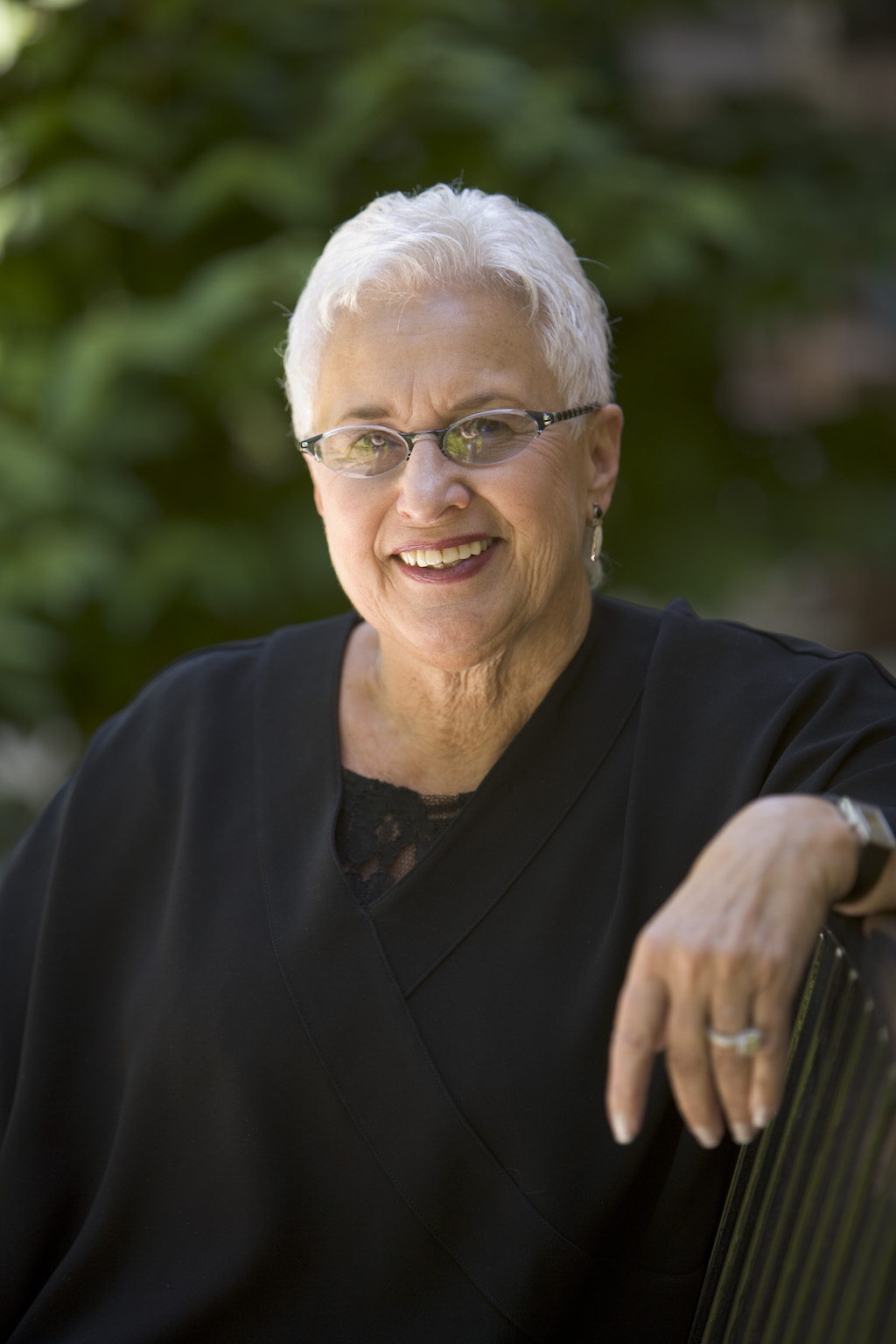Although the advice has changed dramatically, there have always been a multitude of books on proper parenting. Topics have ranged from how to be the best mother or father to raising the most brilliant, compassionate, ideal child. Even with all of the available guidance, frustrated parents* still voice a common sentiment: “There is no manual for parenting!”
Why is this? Certainly over the years, there should be adequate direction. However, because human beings are so distinctive as individuals and so much more complex in relationship, there are infinitesimal combinations. Given the complexity of a single person’s DNA, imagine the multitude of outcomes possible for just one child and one adult attempting to live together over a period of time-when both are growing and developing-and one feels responsible for the health and safety of the other.
Conflicts and problems are to be expected when unique individuals live and grow together. The fact that one may be small and the other a bit bigger works for a while because the larger one exerts control. Yet, when controlled too much, or sometimes not given structure at all, the table may get turned later on.
So how is a parent to know how much of each ingredient to include in the daily mixture of mothering, or fathering or caregiving? You do not know; you guess, you sense, you intuit. You succeed and you fail. You balance.
Most important, you take your cues from your child. Your child tells you what he or she needs at a particular moment in time. And you, as a parent, come to know your child (and he or she you) better than anyone else on earth. You trust your inner knowing and respond in the best way that fits for this child in this particular moment.
Parenting is an unending journey. One begins and traverses the terrain, one move or step at time, gathering tools and resources along the way, There is no manual, no recipe, no magic formula. There is just you and the other-ever in relationship.
*Parents is meant here as a general term beyond biological and adopted children to include the major caregiver(s) in a child’s life
 By Dr. Diane Blau, PhD, MSP President
By Dr. Diane Blau, PhD, MSP President
Dr. Blau co-founded the Michigan School of Professional Psychology (originally the Center for Humanistic Studies Graduate School) in 1980. She has had a long-standing commitment to furthering its mission as a unique and outstanding graduate school. Prior to becoming its president in 2012, Dr. Blau held multiple academic and administrative roles at the school, including masters and doctoral faculty, masters program chair, accreditation coordinator, and dean of academic affairs.